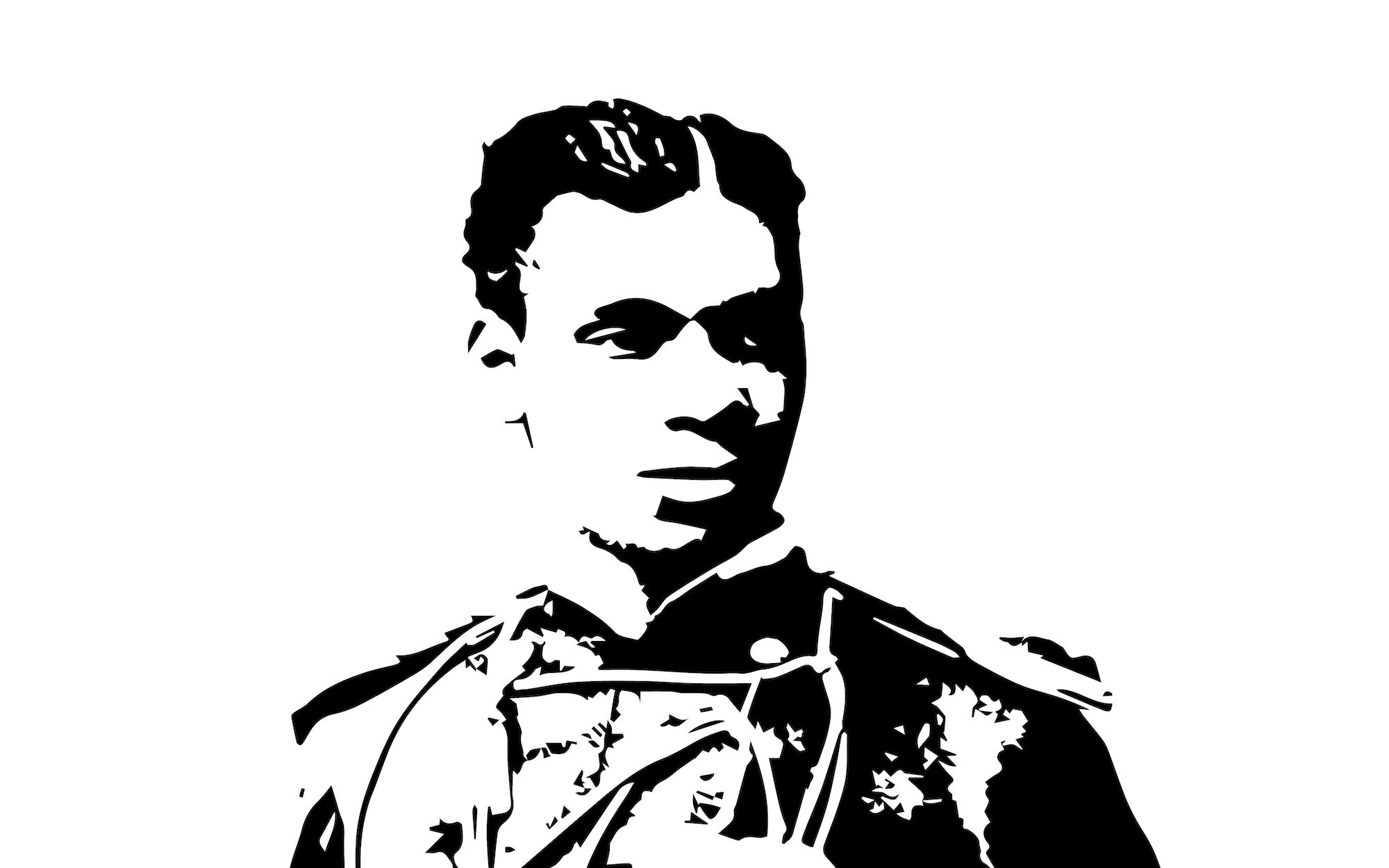For months, people protested against racial injustice, read books to educate themselves, and avowed themselves to be allies. The climate in the United States seemed ripe for watershed change built on small acts and altered language. How we responded in moments that challenged us would ultimately determine our readiness for revolutionary change. Surprisingly, that challenge came in the form of President-elect Joe Biden’s nomination of Lloyd Austin, III as the 28th Secretary of Defense. And we’re not ready.
Never did I imagine that a Black person would ever be nominated to become the Secretary of Defense. Working in the Pentagon doesn’t often afford people the luxury of taking the time to take in what’s on the walls. However, I’ll never forget the first time I walked down the corridor towards the Secretary’s office where the official portraits of each Secretary hang. All men. All white. Not one looked like me. So, I was awed by listening to the President-elect introduce Mr. Austin. And I grew emotional hearing him name the giants, such as Henry Ossian Flipper, Johnnie E. Wilson, and Fox Ballard, on whose shoulders he stood.
I started my career working in the programming and budgeting shop for Headquarters, Marine Corps. To date, it remains my most diverse work environment. Out of approximately 50 people in that open bay of offices, there were 4 or 5 civilians who were Black women. But the further I progressed in my career, the less diverse it became. I have never had a Black or Brown boss and have rarely had Black or Brown co-workers who were not in purely administrative or support roles.
My friend Bishop Garrison recently wrote about instinctively counting the number of Black or brown faces at meetings, conferences, or lectures. Throughout my life, I’ve become accustomed to being the only Brown or Black face in a room, particularly as a civilian Black woman working in defense. It is exceedingly difficult to be the unicorn who everyone always notices, and no one forgets. You cannot make mistakes.
Just days after Biden’s introduction of Austin, I was on a Zoom session with professionals and someone referred to Austin, formerly a theater commander, combatant commander, and the Vice Chief of Staff of the United States Army, as “a seemingly competent person.” And followed this assessment by stating, “A Black Attorney General would be more appropriate given the problems we face today.”
It actually pains me to consider what Austin had to endure and overcome to even be considered for such a nomination. In my personal, academic, and national security environments, I have personally experienced people doubting if I belonged in the space in which they found me or believed that I’d earned opportunities at the expense of someone else.
In the case of Austin’s nomination, there’s a pervasive sentiment within the national security community that he took an opportunity from a civilian woman. There exist legitimate concerns about civilian control of the military with Austin’s nomination. Derived from the National Security Act of 1947, individuals nominated as the Secretary of Defense are required to be at least seven years removed from their active military service. Those nominated within that window require a congressional waiver, which has previously been granted only twice. Austin retired four years ago and as such, will require a waiver, like James Mattis did just four years ago.
Scholars such as Jess Blankshain, Lindsay Cohn, and Jim Golby oppose the Austin nomination on civilian-military grounds in the same manner they opposed the Mattis nomination. While I may disagree with their stark position, such criticism is both expected and warranted.
The commentary that concerns me the most about this nomination is NOT the civil-military pushback. It is the commentary that is racialized and gendered in its nature. It’s this language that makes me realize that we haven’t progressed as far as many believed. Just days after Biden’s introduction of Austin, I was on a Zoom session with professionals and someone referred to Austin, formerly a theater commander, combatant commander, and the Vice Chief of Staff of the United States Army, as “a seemingly competent person.” And followed this assessment by stating, “A Black Attorney General would be more appropriate given the problems we face today.”
I agree that we miss something by not elevating women to powerful positions. But I challenge us to also consider what we miss by not elevating Black people to powerful positions. I’m a Black woman and won’t hide my joy at seeing someone who looks like me as the nominee.
I would have been excited to see a woman nominated, but I don’t feel as though women have been passed over for an “objectively unqualified man.” Moreover, it’s time to acknowledge that Austin’s nomination represents a level of diversity not previously seen in the Department of Defense. I was not and am not heartbroken, sad, or demoralized with this nomination. As a Black woman, I can’t and don’t want to uncouple these elements of my identity.
In such moments, many people often reflect on those who we wish were alive to witness it. For me, that person is my great-uncle, Calvin Hurd. He bore both the mental and physical scars from three years as a Prisoner of War during the Korean War — war that took place before the full integration of the US military. He returned home to suffer the indignity of being repeatedly pulled over by police who assumed he’d stolen the truck he used to haul scrap metal because of its POW license plate.
So, I refuse to participate in the oppression Olympics. I can see the historic significance of Austin’s nomination and smile. There is a chance that the next time I walk that Pentagon corridor with the Secretary of Defense portraits that I might see a Black man on the wall.
I can say with all certainty that this nomination would have been beyond my ancestors’ wildest dream.
Meg K. Guliford is a Vice-Provost Postdoctoral Fellow at the University of Pennsylvania in residence at Perry World House.
Correction issued 12/23: A previous version of this article incorrectly listed Alice Hunt Friend as opposing Lloyd’s nomination.




















